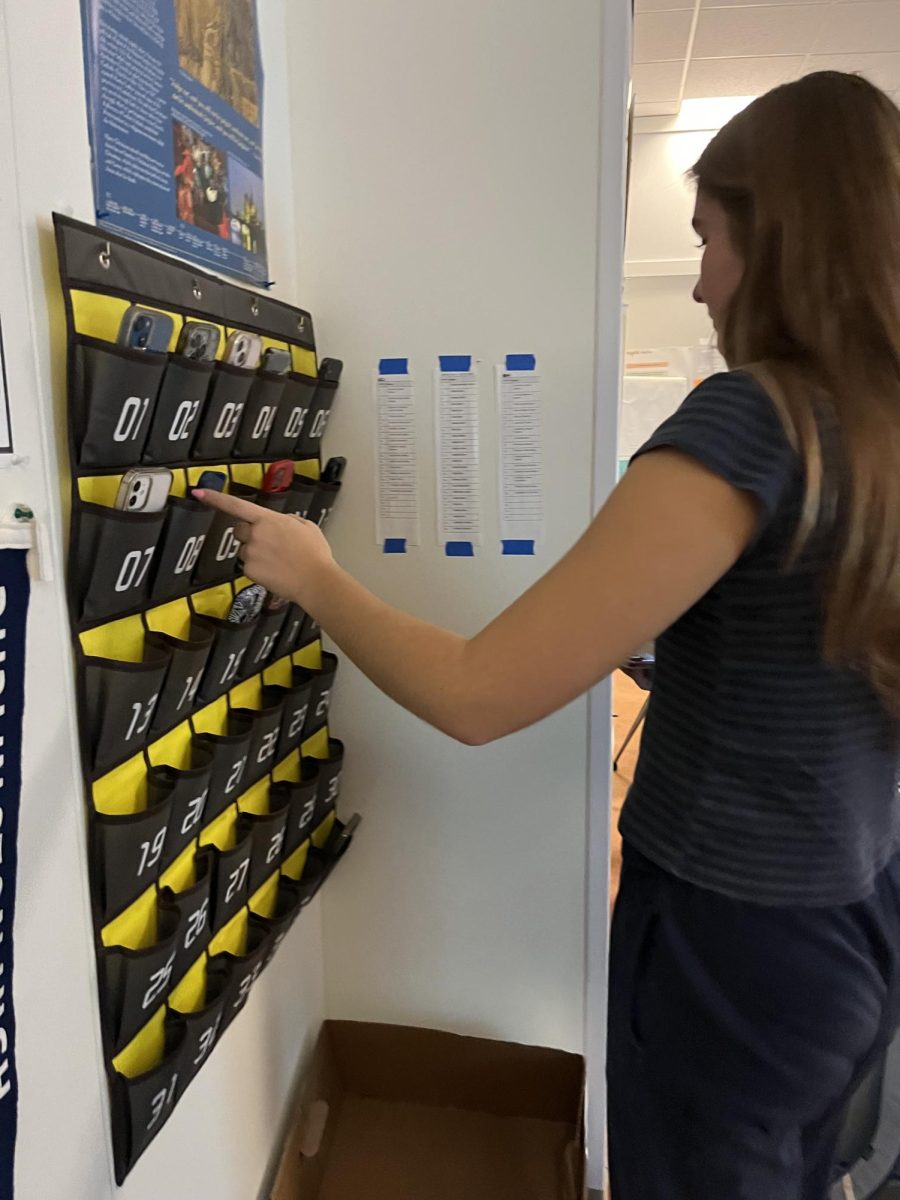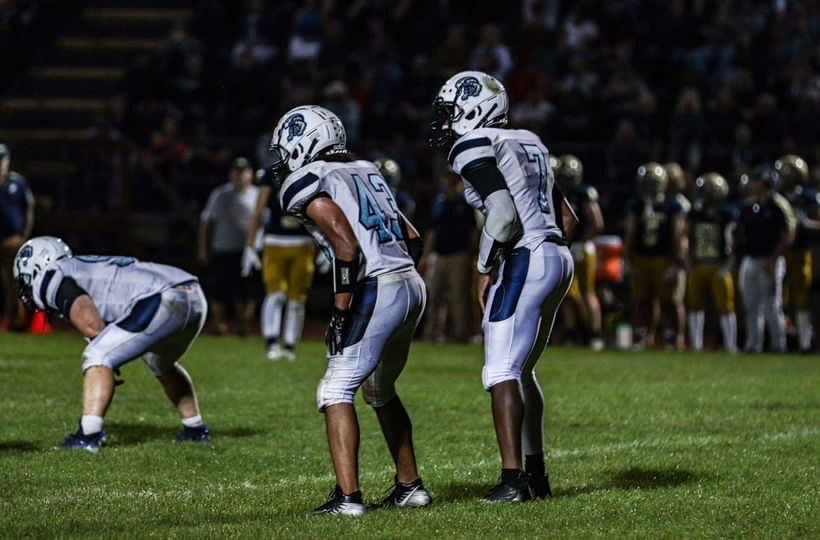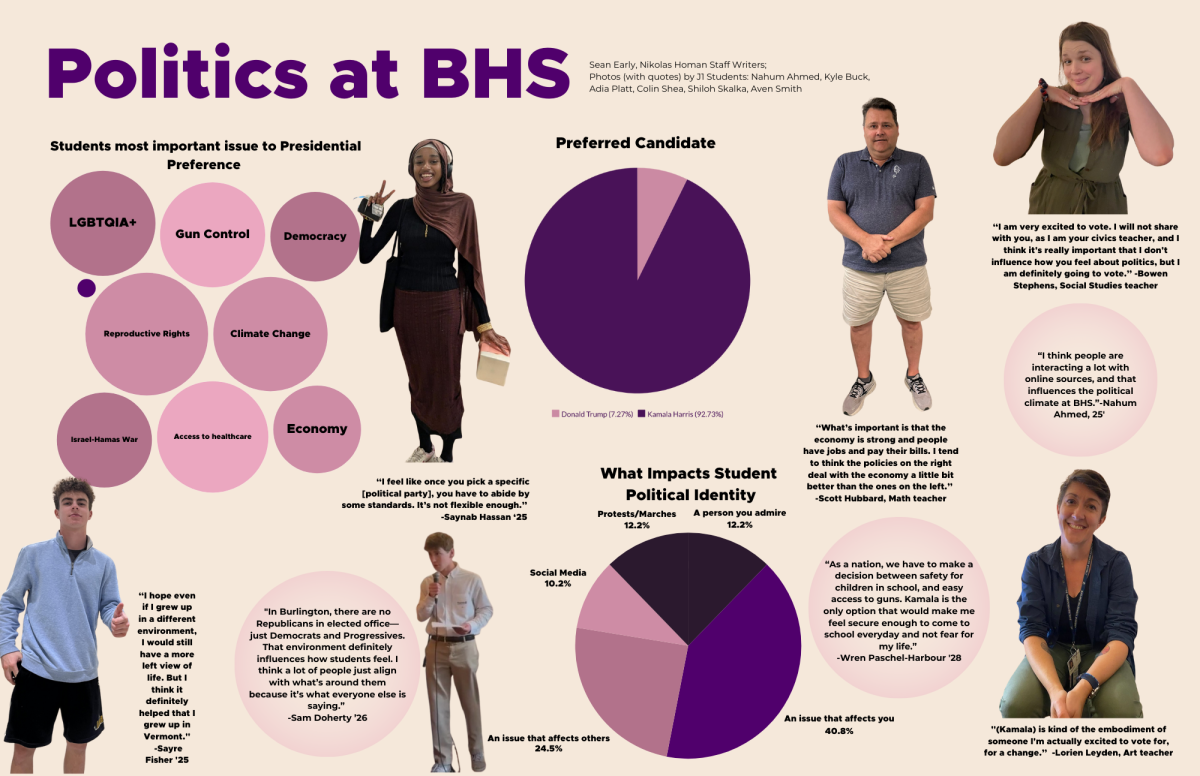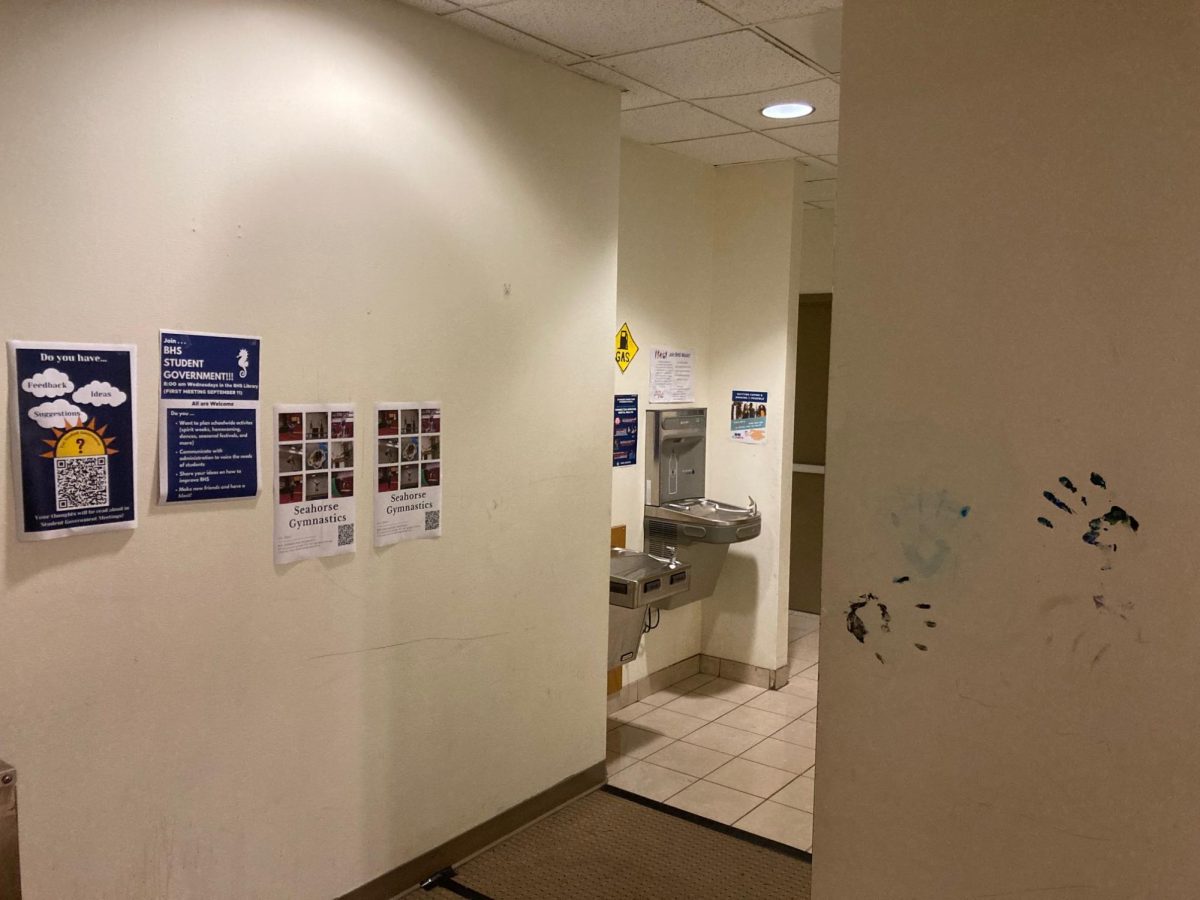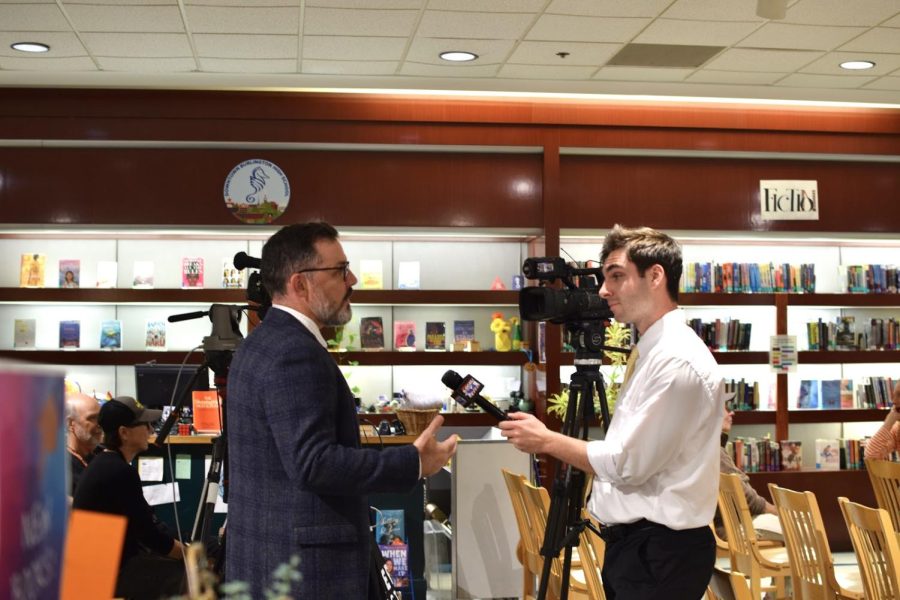BHS’ new cell phone policy states: “If a staff member observes a cell phone in use during class time, the phone will be collected for the remainder of the day.”
“I know a lot of people who have gotten really mad about this phone policy,” MacArthur Murad ‘26 said. “Like, maybe their parents text them in the hall and they have to respond to their parent, and then a teacher comes out of the blue and just takes it away. You don’t really get a chance to explain yourself either. It’s more just, ‘Oh, you were on your phone? It’s gone now.’”
Some students expressed doubt that the policy was working.
“I’m on my phone the same. It just gets taken away more,” Eliza Spinner ‘25 said.
History and Social Studies Department Lead Teacher Brennan Carney said that he felt empowered by having a uniform policy across the school rather than having to enforce his own as in past years.
“Before… [the students] were like ‘you’re the only teacher who tells us to put our phones away’ and ‘what are you gonna do about it?’” Carney said. “There’s less of that inherent adolescent conflict [now].”
Carney said that it used to be “embarrassing” how much the phones were out in his classroom.
“A person would walk into your room and just see kids on their phones in the middle of your lesson,” Carney said. “[Now,] just look after the test today, phones didn’t come flying out, and people were onto the next task they were supposed to do.”
Burlington’s middle schools, Hunt and Edmunds, don’t allow phones at all during the school day. Phones must stay in a locker and cannot be used at any time, including passing periods and lunch. While more restrictive than previous years, BHS’s new policy allows freshmen like Oliver Crainich ‘28 more freedom with their phones than they are used to.
“I feel like [the policy is] fine,” Crainich said. “I don’t think it should be allowed during classes, and I don’t think it’s causing that much disruption in the hall during the passing period, so I think it’s a good policy.”
Students conceded that the no-phone policy might be reducing distraction in class, but thought students should take responsibility for their own phone use. Murad believes that while the policy may help kids now, it may stop them from learning how to self-regulate their phone use.
“Obviously it is the school’s duty to help and teach these kids and if they need that help- take their phone away. But overall, it comes down to the students’ willingness to learn,” Murad said.
Spinner agreed.
“I feel like we’re old enough where if it affects our grades, it’s our fault,” Spinner said. “We should take responsibility for it and not be forced to put our phones away.”



